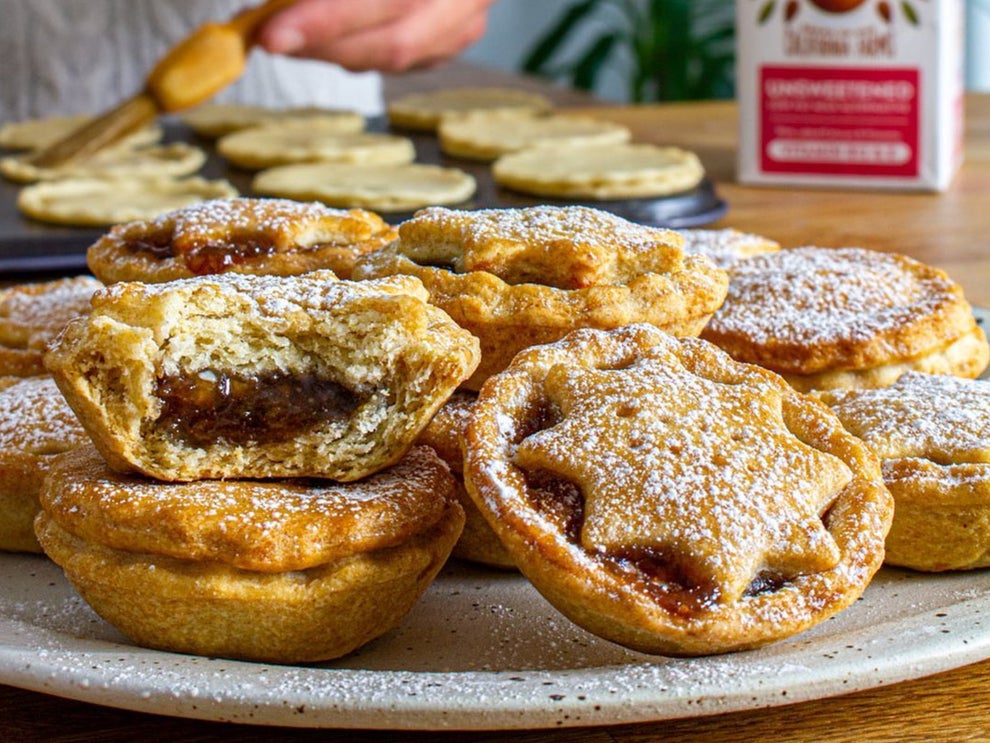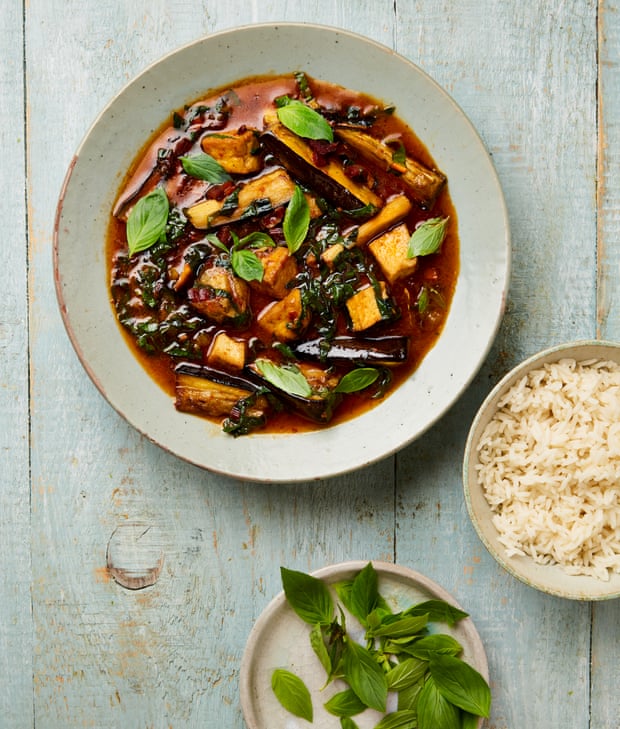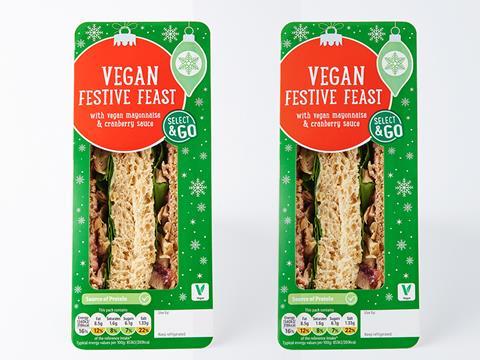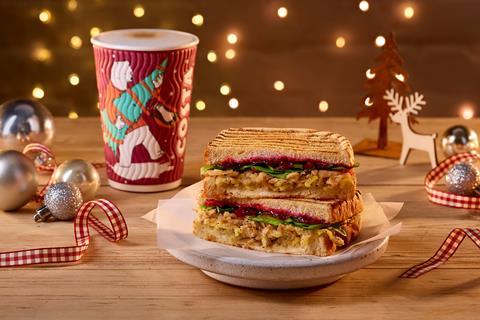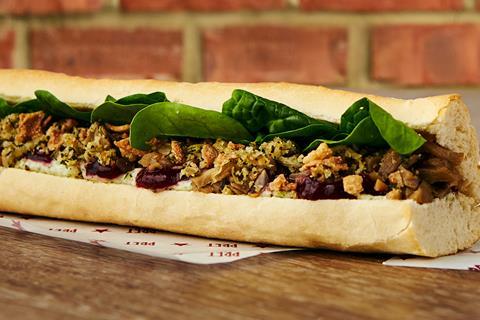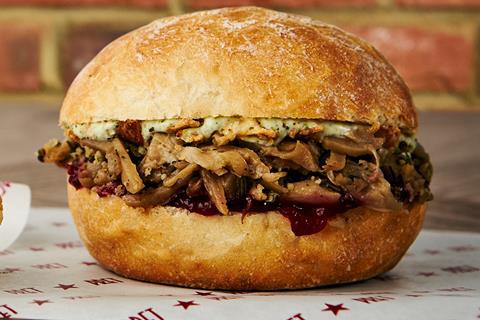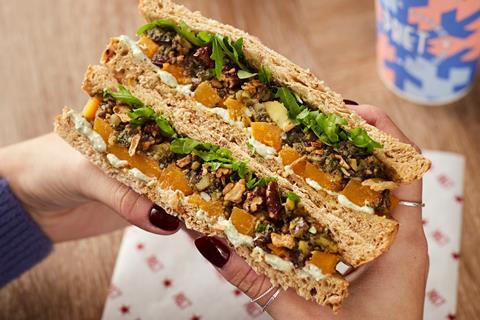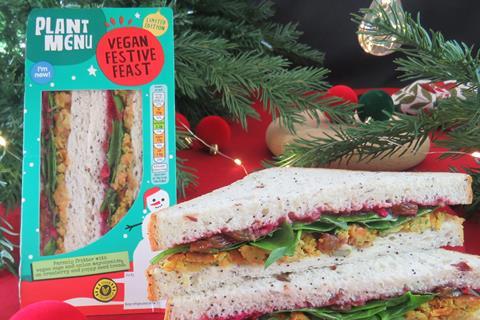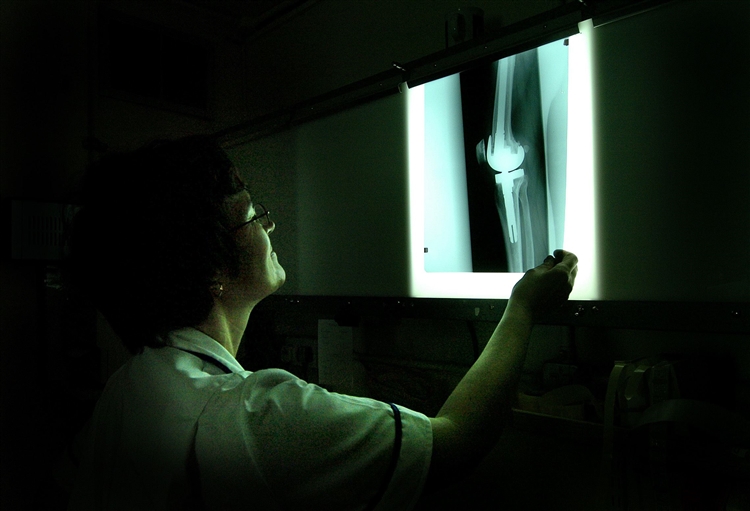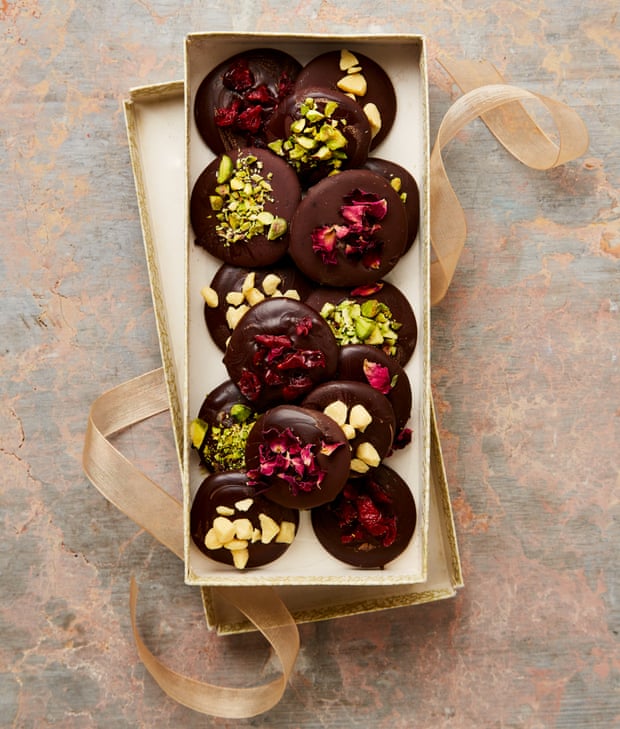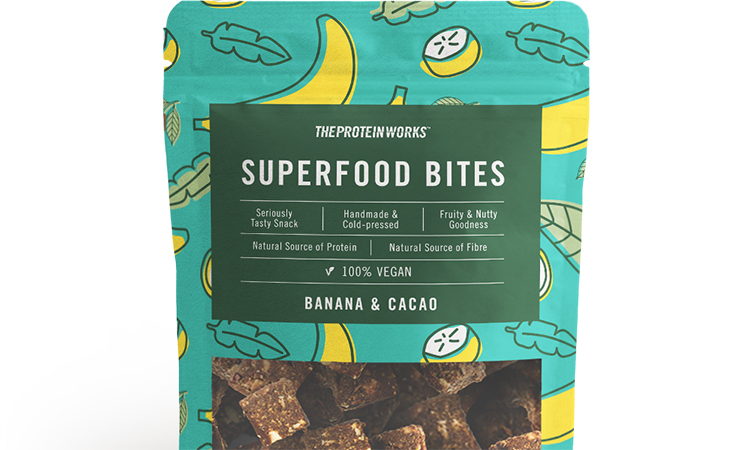How companies get the Vegan Trademark
For companies registering products with the Vegan Trademark, the process is simple.
Brands can visit the website to start their application and provide some company and product details. They will then get led through the application by a dedicated member of staff.
It takes anywhere from 30-60 working days from initial contact, and the fees are based on several factors to accommodate businesses of all sizes, as well as the number and type of products getting registered.
From there, a paper-based audit of products and their ingredients is carried out to ensure they meet the standards of the Vegan Trademark, allowing them to be registered for a minimum of 12 months.
There are no cost surprises, either. Your initial quote, or annual renewal, will detail your full product package, allowing you to add products to your portfolio without having to spend more.
Why should a company register for the Vegan Trademark?
Regardless of how straightforward this process is, why should companies use a trademark to validate what’s inside their product?
For everyday users who have specific dietary requirements, choose to buy ethical products, or family and friends buying gifts, they need to trust the claim on the packaging.
In an age where green-washing is becoming more and more frequent, clear messages on product packaging can be the deciding factor in persuading those who have rightfully become increasingly demanding about what they put in or on their bodies and in their homes.
It’s not surprising then that the requirements to register with the Vegan Trademark are accurate to the definition of vegan, set by The Vegan Society.
With some brand owners and retailers merely declaring that their products are vegan without fully understanding the meaning, customers are noticing more and more mistakes on product labels.
Not only does using a well-established, trusted and registered trademark help to protect consumers, but it also protects brand-owners, reducing their risk of making inaccurate claims.
Where you can use the Vegan Trademark
Generally speaking, while marketing a product, the main aim is to shout about its credentials. If a company isn’t clearly talking about its products selling points on the packaging, then they are missing a trick.
The packaging is essentially an advert for what is within, and it’s one of the most critical selling tools around. For potential customers, it’s often the first experience they will have with a product, and first impressions count.
For this reason, The Vegan Society recommend using the Vegan Trademark on the front of the packaging, including any display cases and marketing materials to make it visible.
Individuals with dietary requirements, be it for ethical, environmental, health or other reasons, want to know that a product is suitable for them. Nowadays, so do their friends and family.
With more than 50% of Brits saying they know a vegan, it’s only fair that brands make it as easy as possible to know when a product is vegan.
Without clear labelling, companies are likely to receive a plethora of emails from curious consumers.
Standing before a product, you may find them dissecting the ingredients list, questioning potentially animal-derived ingredients and second-guessing supply chains – typically resulting in a lost sale for the company.
Using the Vegan Trademark where it can attract the attention of these consumers and settle any doubts gives the product a competitive edge in the vastly growing free-from category.
Making the most of the Vegan Trademark
The packaging is a great start, but why stop there? Online, consumers rarely get to experience the full effect of packaging design, and it can be challenging to find precise ingredients lists and dietary requirement statements.
Companies should aim to display trademarks online about registered products, such as on product information pages and underneath pack shots. This is the digital ages answer to using the Vegan Trademark on the front of the packaging, offering the same impact and drawing the attention of an online audience.
Some of the most successful have either dedicated vegan collections or show the Vegan Trademark on the product thumbnail.
Take the Vegan Trademark online too
In today’s world, online promotion is the key to brand success.
Fully utilising social media to spread the word about a product is a cheap and easy way to increase audiences and grow customer bases. The Vegan Trademark comes into play here too and is ideal for use on image sharing platforms such as Instagram which already host interested communities.
Hashtags are a fantastic way to engage with these online communities and increase followers, #vegan, #whatveganseat and #plantpowered for food and #vegan #crueltyfree and #veganbeauty for cosmetics are the most popular.
How The Vegan Society can help you
To support companies in their quest for online promotion, The Vegan Society has the tools to amplify these messages on their platforms. As the longest-standing Vegan Society in the world, it has an impressive social media following of vegan and vegan-curious individuals as well as a print publication.
It doesn’t stop there, once you become a registered Vegan Trademark holder, a range of marketing opportunities and support becomes available, whether you’re launching new products to the market, re-branding, or have innovative products.
With a rise in the number of conscious consumers, it’s become more important than ever to be transparent when demonstrating a products values.
That is where the Vegan Trademark comes in, a service that not only validates that the vegan claim on a product is legitimate but also provides a powerful marketing tool to promote that claim, attracting the growing number consumers interested in vegan products.
https://www.veganfoodandliving.com/vegan-trademark/
